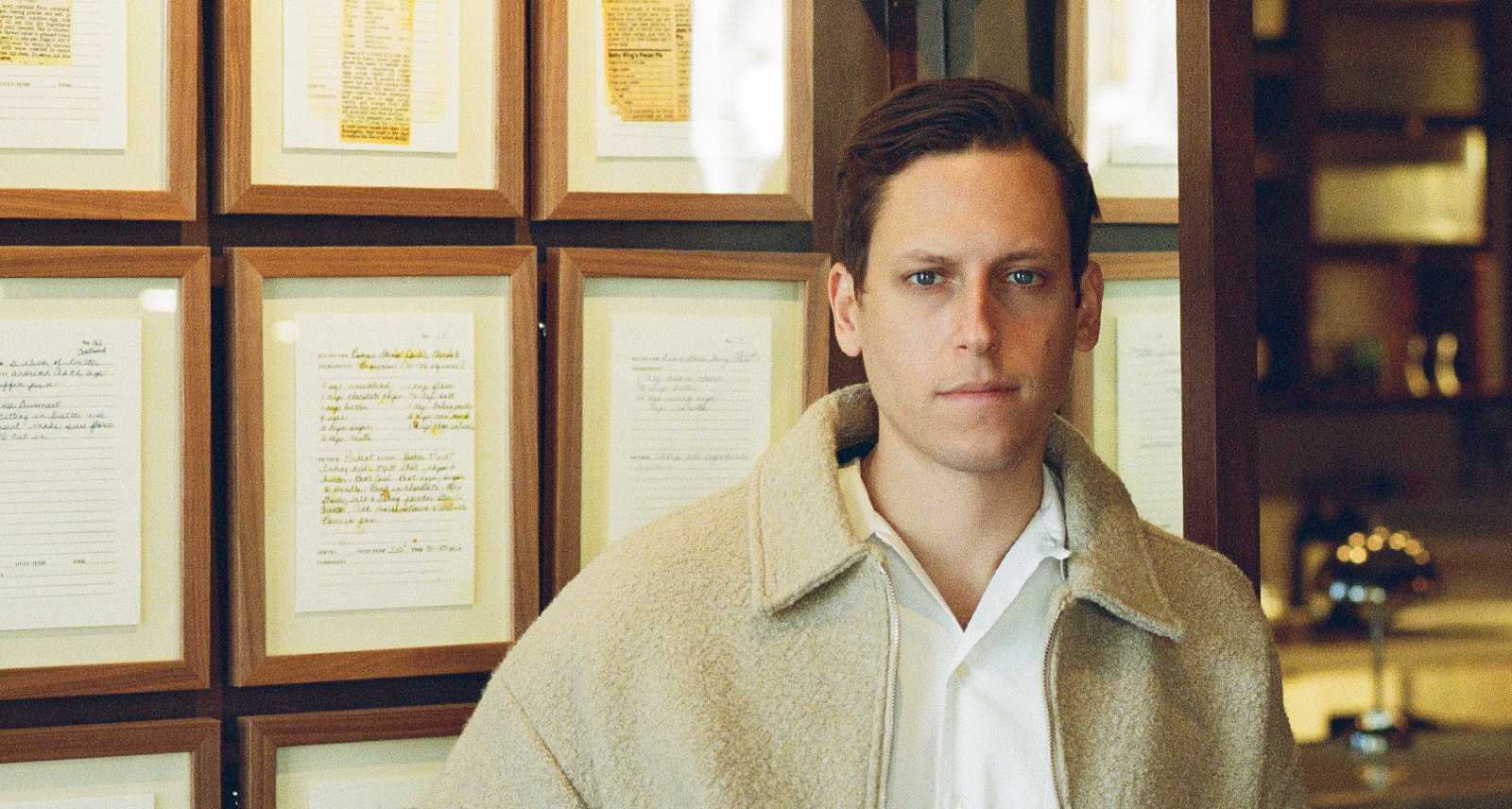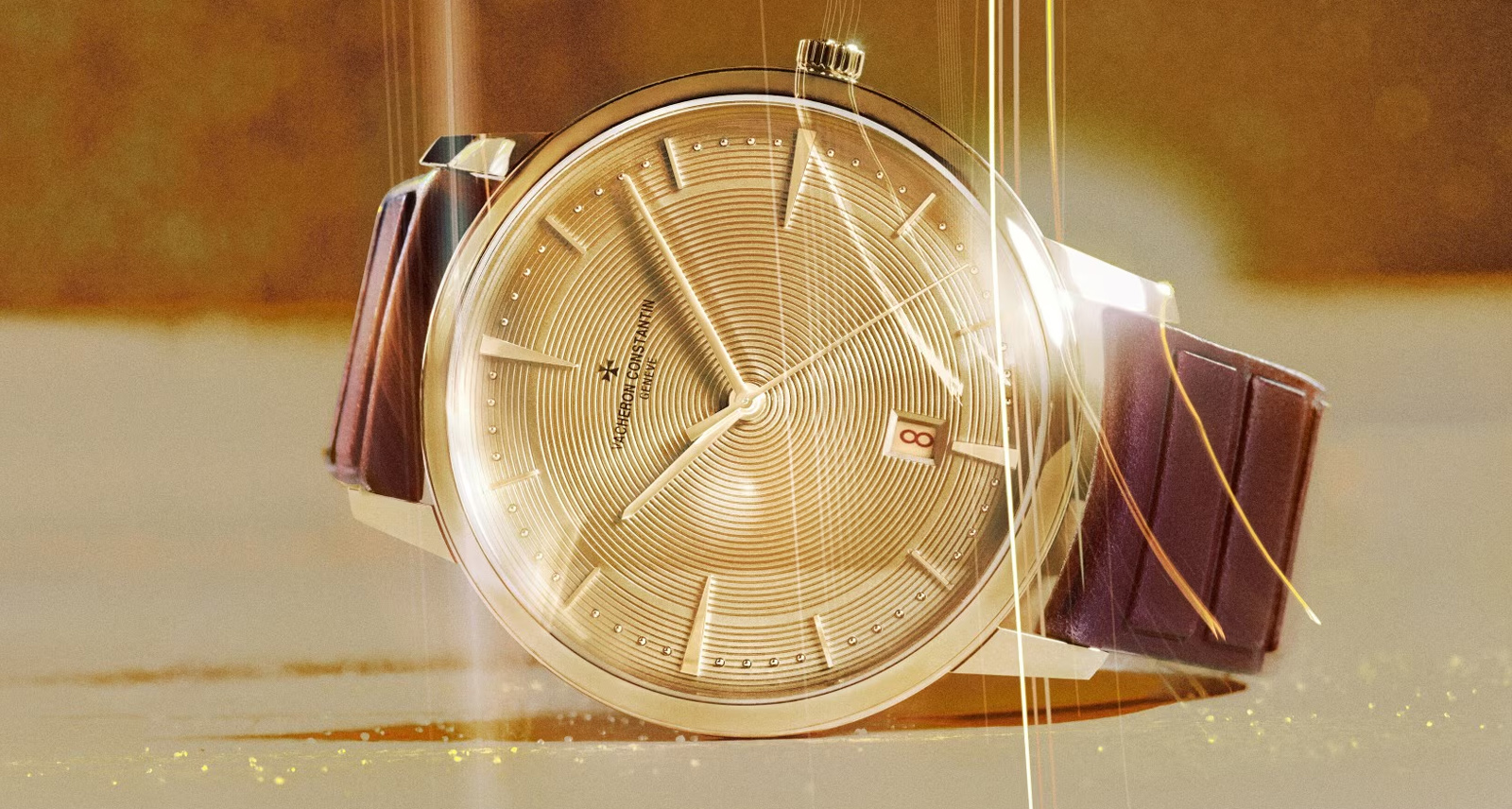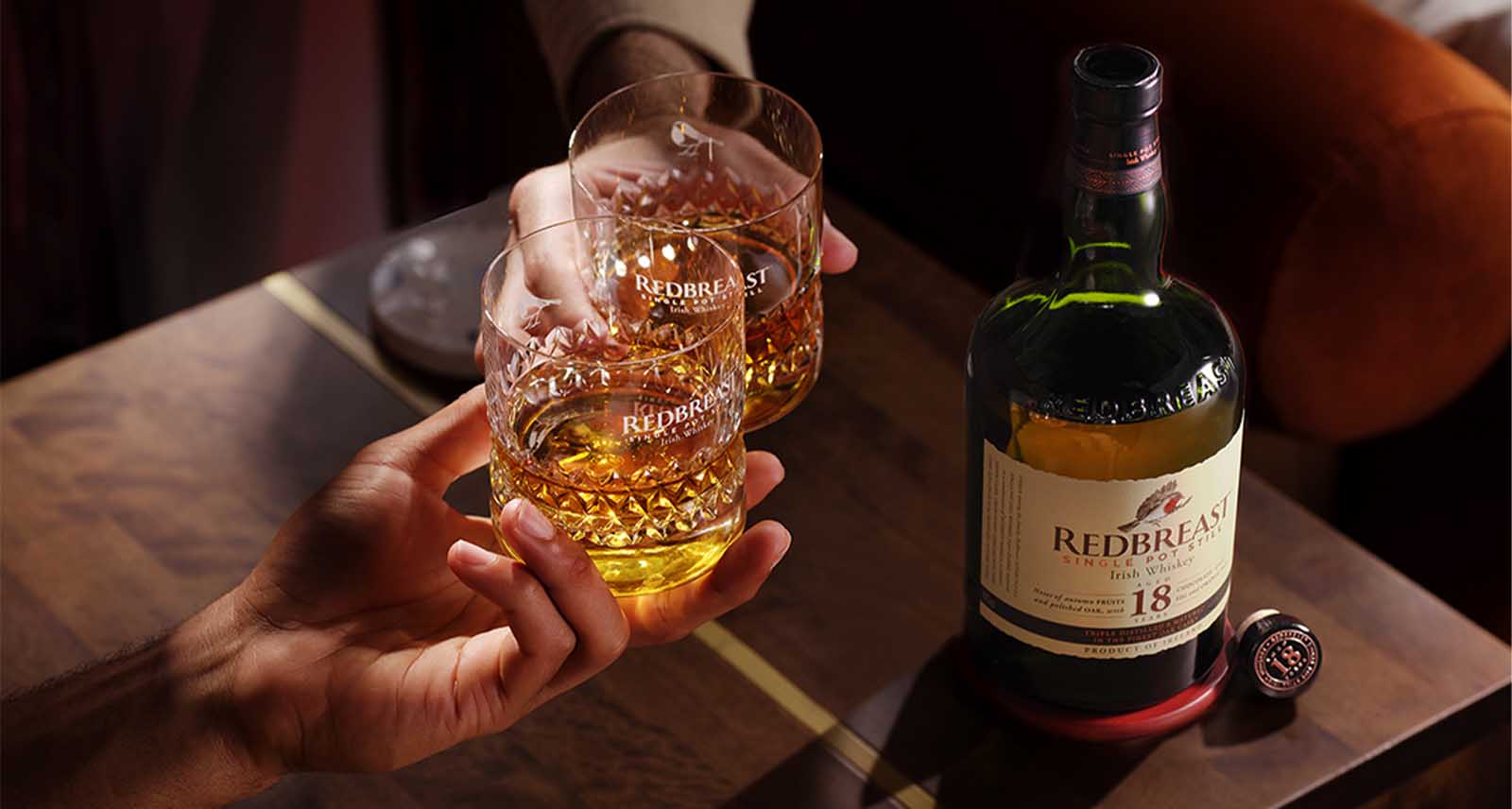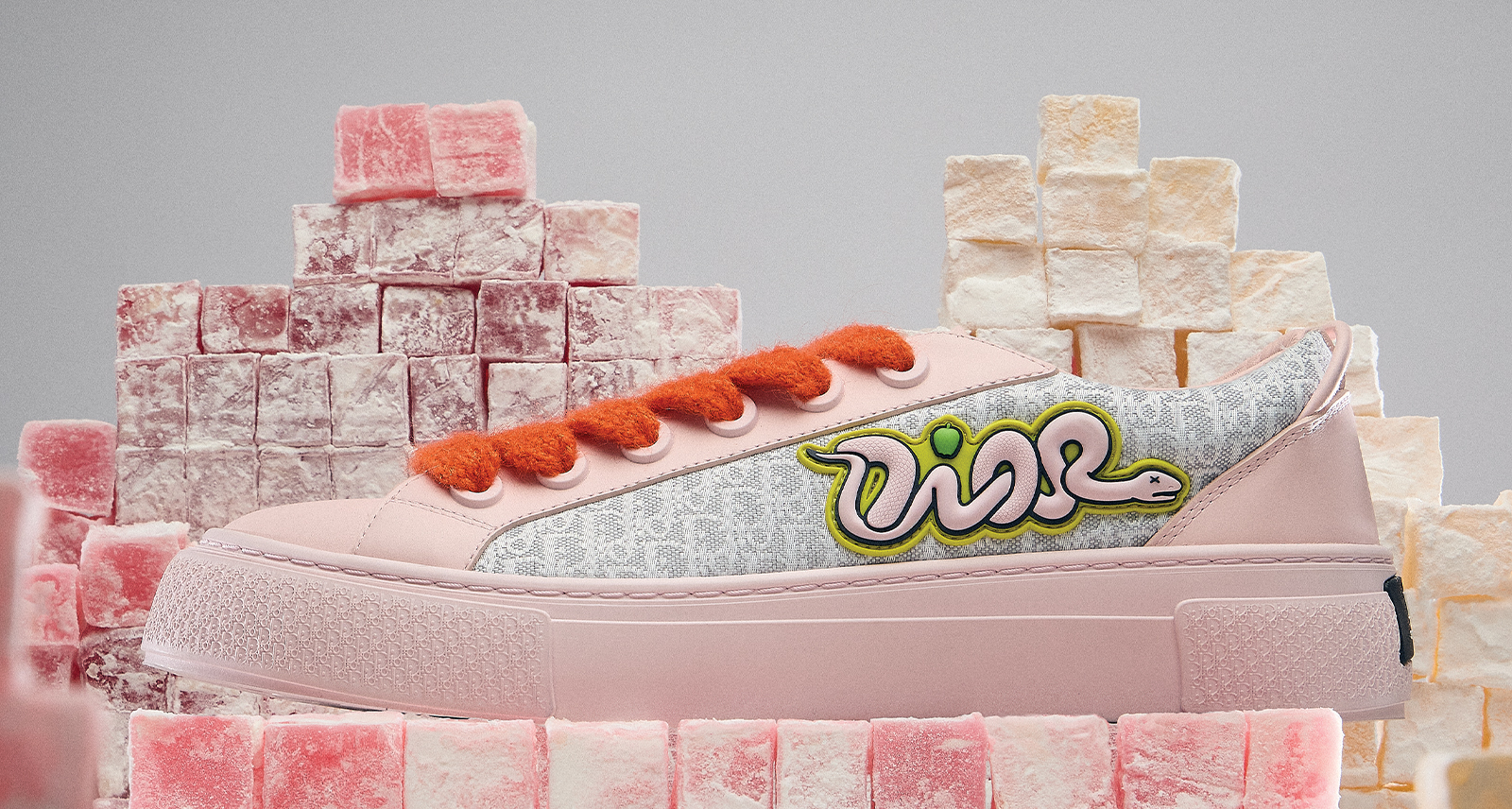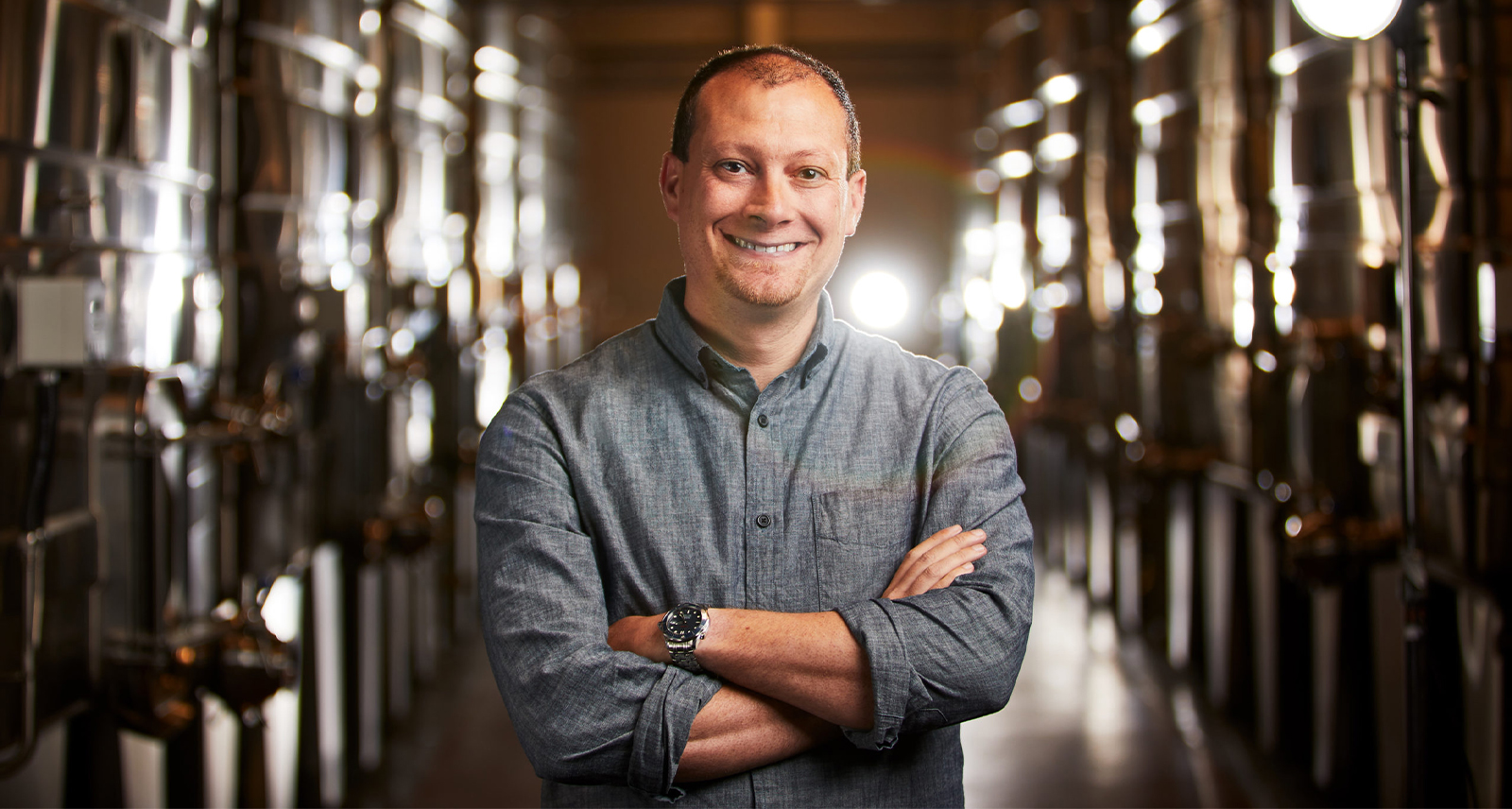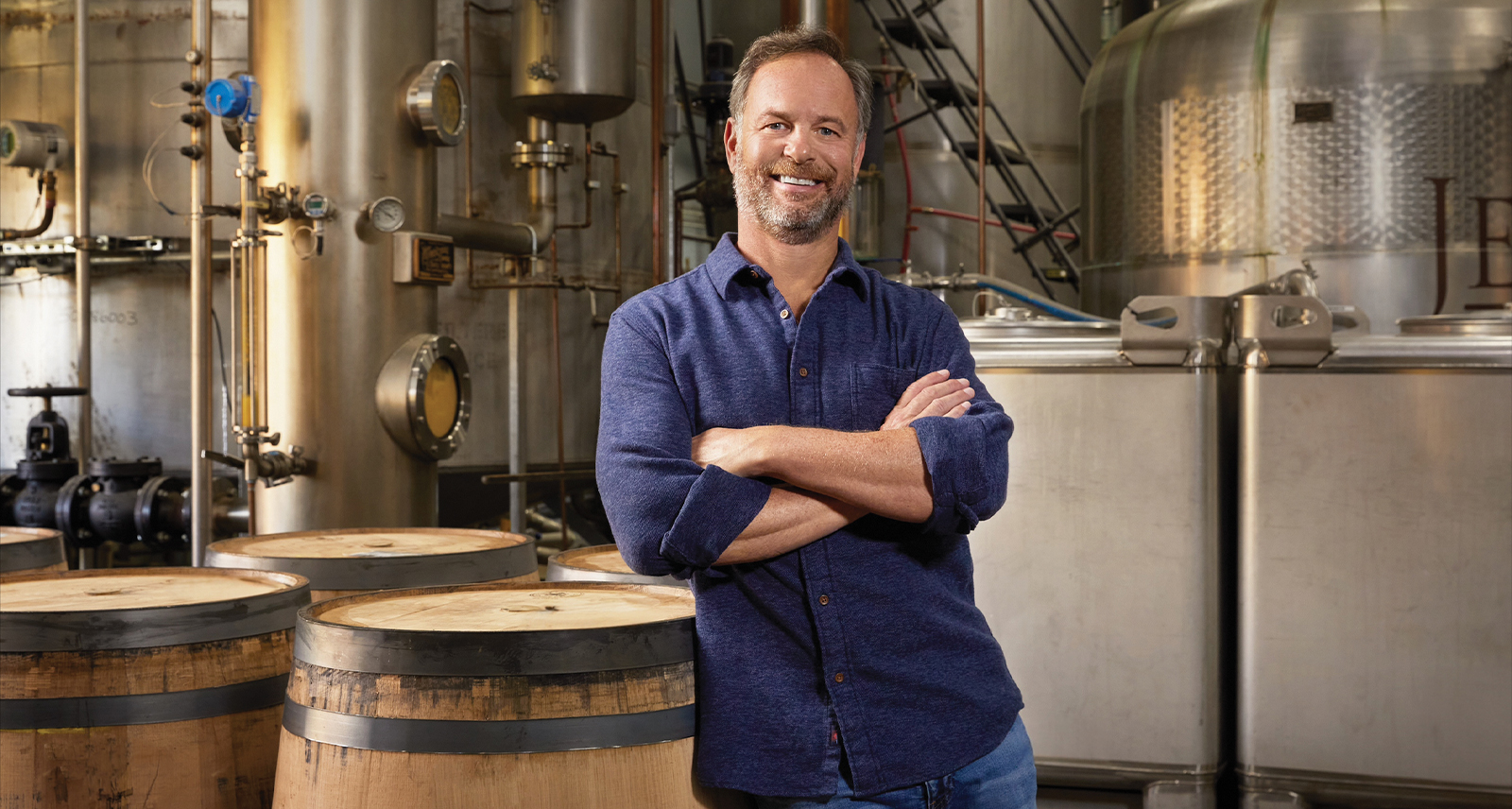Canadian Sprinter Andre De Grasse on the Olympics, His New Partnership, and Why His Best Is Yet to Come
Five years ago, Canadian sprinter Andre De Grasse burst onto the international scene at the Rio Olympics, taking home three medals—bronze in the 4×100 meter relay, bronze in the 100 meters and silver in the 200 meters, losing to none other than the legendary Usain Bolt. Since then, a lot of things have changed for De Grasse: He’s a new father, he’s learned to take care of his body after suffering his first major injury, and he’s taken his training and nutrition to a new level.
After a controversial build-up to the Tokyo Olympics, which has included a one-year postponement due to the coronavirus pandemic and a last-minute decision to bar all spectators, De Grasse, who admits that he will inevitably miss the fans who have consistently lifted him up, still has his sights firmly set on the one title that eluded him in Rio.
A day after storming to victory in the 200 meters at a Diamond League event in the Norweigian capital of Oslo, one of his final tune-up events before heading to Tokyo, De Grasse speaks with Sharp about the past lessons that helped him to prepare for his second Games, his protein-heavy diet (and latest partnership with Get Cracking), and the reason why he thinks the best is yet to come in his burgeoning career.
As a world-class athlete, you’re obviously no stranger to adapting to changing conditions, but the pandemic has certainly forced everyone to adapt like never before. What was your mental and physical approach to training when you discovered that the Olympics would be pushed back by another year?
I feel like I was able to rest and relax a little bit more when the pandemic hit. It was tough for others—my family, my friends, and of course, what’s going on in the world. But I think for me, for my career, it was a good moment for me to reset my mind, focus on myself, and just get to do other things that inspire me.
I just took it easy, didn’t really do much training. I would only train about two or three days a week at that time, and I just took that extra year to get stronger and faster, just by working on some other things in training that I never get the chance to do because it’s always go go go, whether it’s the Olympics or the World Championships or the Commonwealth Games. Every year, there’s something, so I guess it was just a good mental break for me. I started back training in January of 2021, and now I feel good and ready to gear up again for the Olympics.
There’s a lot of physical work that you can do on the track or in the gym to build up your strength and stamina, but you certainly can’t overlook your diet and nutrition. How have your eating habits changed since 2016?
Yeah, of course, I dialed in on my nutrition. That’s kind of the cool thing [about] working with Get Cracking because I usually eat eggs before my workout for breakfast. I work out in the morning at about 10, 10:30 a.m., so I usually have a breakfast with eggs in a sandwich and sometimes scrambled eggs or omelettes. [But] just in general, I kind of took things a lot more seriously with my nutrition because as you get older, those are the things that you have to work on. Your metabolism doesn’t go as fast as when you were young. (Laughs.) So you have to make sure you’re getting the right amount of calories and a good source of protein, vegetables and carbs. I just had to dial in on all of those things as I got older, so that I can avoid injuries and keep running at my best.
I heard that you really love your eggs, and I even saw a picture of you cooking some egg tacos for lunch a couple of months ago. What are some of your favourite meals to make with eggs?
I usually have an omelette. I put some red peppers in there, some spinach, some cheese, some bacon on it as well. That’s kind of my go-to meal for breakfast. And like you said, [the egg tacos] were something new that I tried. Sometimes, I have a breakfast burrito, but I had fun making that. (Laughs.)
What’s your diet like when you’re training at home compared to when you’re travelling and competing on the road?
Well, of course, when I’m at home, I have more home-cooked meals and I don’t do a lot of eating out. But when I get out on the road, it’s a lot more room service. (Laughs.) And just trying to find healthy options to eat—like today, I had to go out and I had to get some Thai food. I got some shrimp with the noodles and vegetables. I like seafood, eggs, chicken, so I just try to find all those things that I eat at home to duplicate when I go on the road.
It’s been five years since you first burst onto the professional scene in Rio, and since then, a lot has changed in your personal and professional life. Why do you feel like you are stronger than you’ve ever been as you head into Tokyo?
I’ve just gotten older; my body has developed more. I’ve been in the weight room a lot, and I’ve been working on certain things in the races, like my start. I just feel like, five years ago, I was a lot more new to the sport and didn’t really know as much. There were a lot of things that I had to work on. I guess I was a lot smaller and since then, I think I’ve gained about 10 to 15 pounds. I think I’ve just been developing as time goes on and every day, you’re learning something new.
The biggest change in your life occurred when you became a father in 2018. How has fatherhood changed your outlook on the world as a person and an athlete?
Yeah, fatherhood has been good. You cherish a lot more things than usual, right? Just being able to have a bad day at the office or at work or on the track, you’re always coming home to your kid with a smile on their face and it just puts joy and laughter in your face. It’s just amazing to have that company. Obviously, there are other things that come into play: you become more mature, you become more responsible. I’ve just been enjoying the process and enjoying fatherhood. And of course, it’s taught me to not take things too seriously as well because there are a lot more things going on, right? You’re taking care of someone else. It’s just made me a better person.
While the last year was largely characterized by the pandemic, it also renewed calls for social justice, and it became a hot-button topic in the sports world. I know you recently teamed up with Woodgreen to donate suits to Black men entering the workforce, but how would you like to continue using the platform that you have to effect some sort of meaningful change—both on and off the track?
I really just try to do my part. It’s a joy for me. It makes me feel good at the end of the day, so that’s why I like to really just go out there and inspire and empower other individuals so that they can bring good to the world as well. That’s why I started my own foundation, because I just wanted to help people. There are so many great organizations that I team up with, and they just give me words of advice and encouragement, and I always want to do something better.
Looking ahead, I know your goal is to win your first Olympic title, but have you thought about your plans after Tokyo? Could we see you at the 2024 Games in Paris?
Yeah, for sure. I feel like I have a lot more left in me; I feel like I’m still young. I feel like I can go [for] another decade. (Laughs.) Because I got into the sport very late, I’m still learning stuff as time goes on. I just feel like I have a lot more to evolve and mature in this sport, and I don’t feel like I’m in my prime or the peak of my career yet. So I definitely feel like I have a couple more Olympics in me, and then we’ll re-evaluate after 2024.
What kind of legacy would you like to leave on the sport? How would you like to inspire the next generation?
Well, I’ve never really thought about it because I’m still young, but… I just want to continue to inspire and empower the next generation, give them hope. I feel like we have a lot of talent here in Canada, and people don’t get a chance to see it because we’re always looking at America. But I just want to keep inspiring kids and say, “Hey, if I can do it, you can do it too!” It doesn’t have to be [in] track-and-field, but it can be in any sport or career that they pursue. I just want to cement my legacy in that way.
Lead image courtesy of Christian Petersen/Getty Images
This interview has been edited and condensed for clarity.


